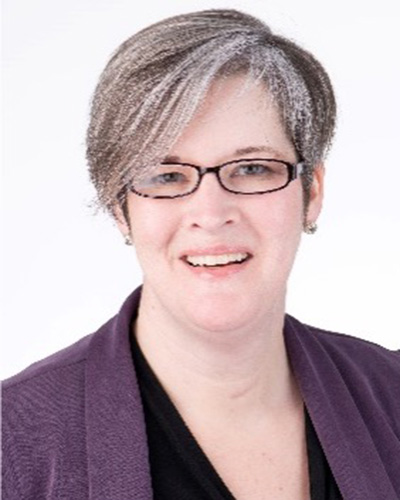 Sherry Bohn, PhD, CBSP(ABSA), SM(NRCM), MSL
Sherry Bohn, PhD, CBSP(ABSA), SM(NRCM), MSL
University of Maryland—Baltimore
Baltimore, MD
Dr. Bohn is a microbiologist with over seventeen years’ experience managing biorisk and general safety at private, federal, and academic institutions. With degrees in molecular biology, communication, and law, she offers a unique perspective on the research compliance landscape. She is currently the Executive Director of Environmental, Health and Safety at the University of Maryland, Baltimore and President of ABSA International.
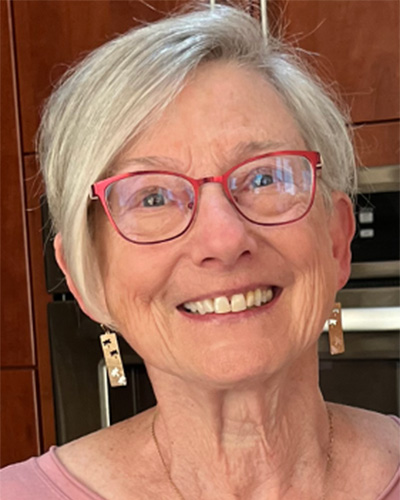 Jacqueline Fletcher, PhD
Jacqueline Fletcher, PhDOklahoma State University
Corrales, NM
Dr. Fletcher received a BS in Biology from Emory University, MS in Botany from the University of Montana, and PhD in Plant Pathology from Texas A&M. She is internationally recognized for her research on mechanisms of virulence and insect transmission of plant pathogenic bacteria; the relationships between human pathogens, such as Escherichia coli, and plants; and the emerging disciplines of microbial forensics and agricultural biosecurity. She established and served as Director of the National Institute for Microbial Forensics & Food and Agricultural Biosecurity (NIMFFAB; now the Institute for Biosecurity & Microbial Forensics), a multidisciplinary OSU initiative that addresses high priority national issues in plant pathogen forensics, crop biosecurity and food safety. Dr. Fletcher also served on the American Phytopathological Society’s governing Council, including as President. In the months following September 11, 2001, she led APS responses and input to National biosecurity initiatives. She organized and chaired both the APS Microbial Forensics Working Group and the APS Food Safety Working Group. She served as a member of the Forum on Microbial Threats at the National Academies of Sciences, Engineering, and Medicine, and remains active on several federal biosecurity advisory panels including the National Science Advisory Board on Biosecurity. Dr. Fletcher was named a Fellow of the American Phytopathological Society in 2005 and a Fellow of the American Association for the Advancement of Science in 2007. After retirement from OSU in 2015 she now serves as a consultant and advocate for agricultural biosecurity and international scientific diplomacy.
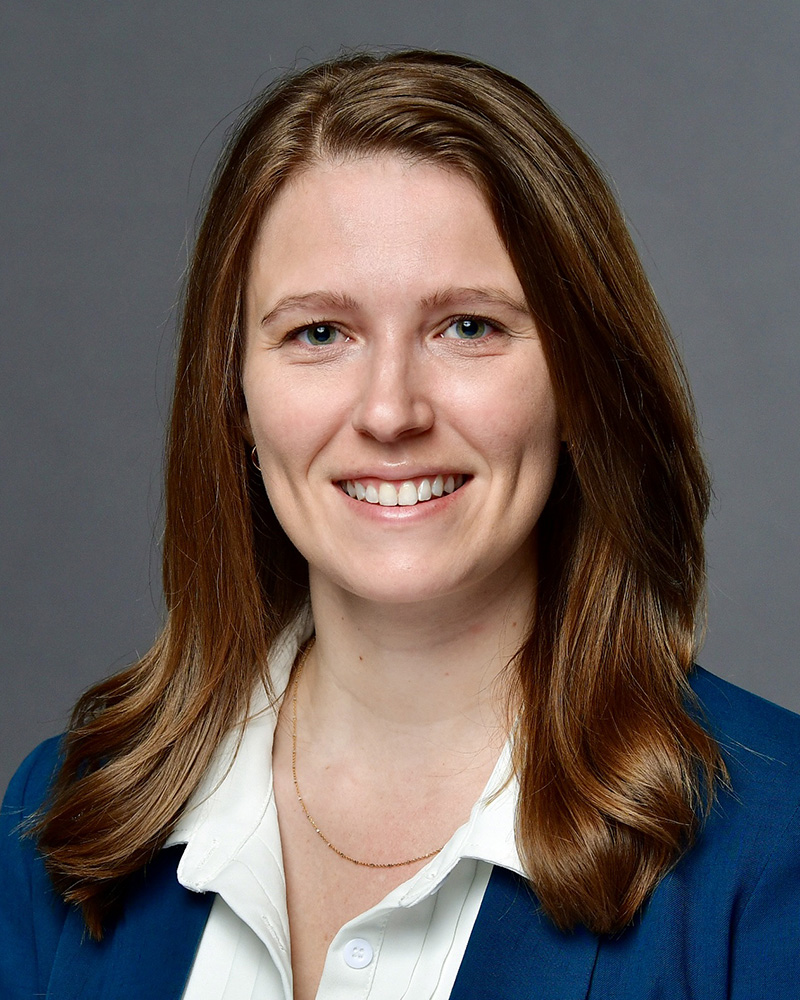 Erin Lauer Tarosky
Erin Lauer TaroskyDeloitte Consulting LLP
Washington, DC
Erin Lauer Tarosky has ten years of experience analyzing various facets of infectious disease risks for federal and international entities, with a focus on laboratory biosafety and biosecurity. She has played key roles in studies to advance the science behind biosafety and to develop quantitative decision-support tools for informed risk assessments. She coauthored the fourth edition of the WHO Global Action Plan for Poliovirus Containment. Erin is a Senior Consultant with Deloitte Consulting (which acquired Gryphon Scientific in April 2024) and holds a BS in Immunology and Infectious Disease from Penn State University with a focus in Global Health and Security and Risk Analysis.
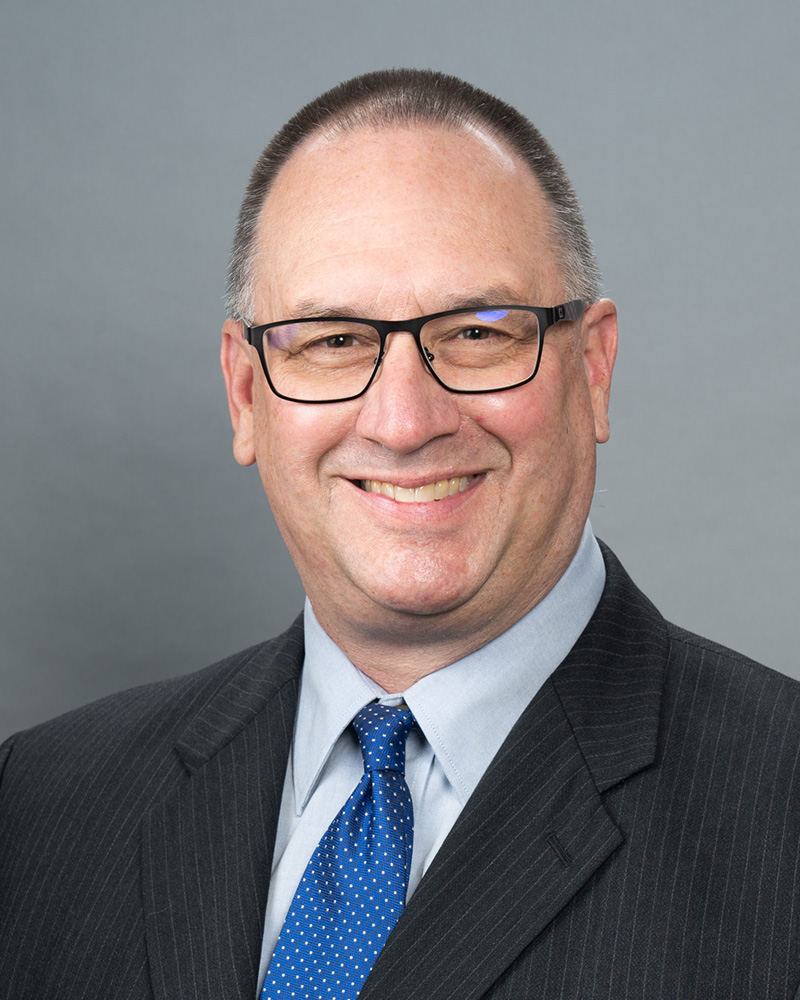 Kurt Zuelke, PhD
Kurt Zuelke, PhD
Texas A&M University
College Station, TX
Dr. Kurt Zuelke is the inaugural Executive Director of the Texas A&M University Global Health Research Complex (GHRC), and the Founder of the RAV3N Network. Dr. Zuelke formerly directed the Australian Centre for Disease Preparedness, and the USDA ARS National Animal Disease Center. Dr. Zuelke received a BS in Animal Science from the University of Wisconsin—River Falls, a DVM from the University of Minnesota, and a PhD in Physiology from the University of Georgia. He has maintained career-long research and science policy interests in agriculture, comparative medicine, genomics, biotechnology, global health and biosecurity, biocontainment engineering and the ecology of emerging infectious zoonotic diseases.
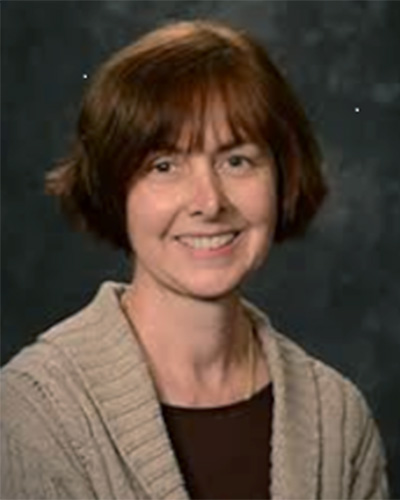 Maria King, PhD
Maria King, PhDTexas A&M University
College Station, TX
Dr. Maria King received her BS degree in Biological and Chemical Engineering and MS in Biochemistry and Food Technology at the Budapest University of Technology and Economics. She completed her PhD studies in Biotechnology and Chemistry at the Academy of Sciences in Berlin, in collaboration with the Budapest University of Technology. Dr. King is an Associate Professor and Director of the Center for Agricultural Air Quality Engineering and Science (CAAQES) – Aerosol Technology Laboratory (ATL) at the Department of Biological and Agricultural Engineering at Texas A&M University with over 80 peer-reviewed journal articles, three book chapters, two patents and numerous conference presentations. She has extensive expertise in the collection and microbial-molecular analysis of aerosolized bioparticles, radionuclides, and nanoparticles, combined with computational fluid dynamics (CFD) airflow modeling using the ANSYS Fluent program and particle image velocimetry (PIV) to visualize and mitigate pathogen movement in ventilated spaces. Her team is applying biolayer interferometry and molecular dynamics design to analyze protein interactions in the development of antibiotic resistance, Illumina sequencing to delineate the composition of the collected microbiomes and mass spectrometry with liquid or gas chromatography to identify volatile aerosols. She holds a patent in the development of bacterial biosensors.
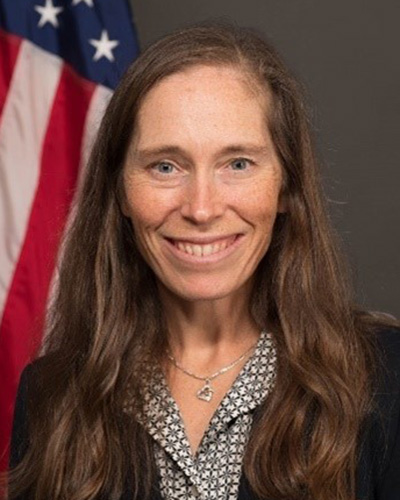 Kimberly Pepin, PhD
Kimberly Pepin, PhDNational Wildlife Research Center
Fort Collins, CO
Dr. Kimberly Pepin is a disease ecologist at the National Wildlife Research Center (USDA-APHIS-Wildlife Services). She develops research and technology for assisting the evaluation and implementation of wildlife damage and disease management programs – especially for diseases at the wildlife-livestock and wildlife-human interfaces. Her research is operationally focused and includes topics such as wildlife disease surveillance design, implementation, and reporting; methods and tools for disease risk assessment and emergency management preparedness; evaluation of control strategies; and data science solutions for predicting wildlife disease dynamics in space and time. Example systems include African swine fever virus in feral swine, influenza A in feral swine and other wildlife species, bovine TB at the deer-cattle interface, rabies virus in raccoons, chronic wasting disease in cervid species, and SARS-CoV-2 in cervids and other mammals. She is a co-author on more than 100 peer-reviewed articles and 5 book chapters and collaborates closely with decision-makers on policy development for emergency management strategies in wildlife.
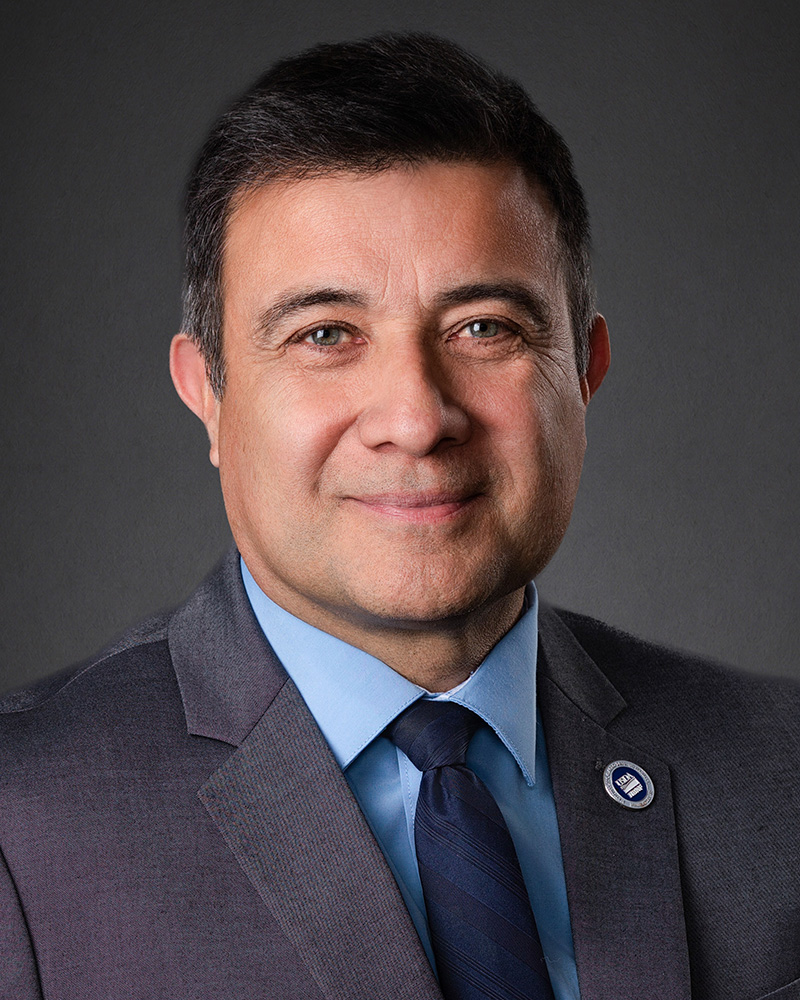 Alfonso Clavijo, DVM, PhD
Alfonso Clavijo, DVM, PhDUSDA Agricultural Research Service
Manhattan, KS
Dr. Alfonso Clavijo is currently the National Bio and Agro‐Defense Facility (NBAF) Director in Manhattan, KS. Before moving to Manhattan, Dr. Clavijo worked for the National Centre for Foreign Animal Diseases in Winnipeg, Canada where he took several positions, including Head of Diagnostic Virology, head of Vesicular Diseases and more recently Laboratory Executive Director. He also worked for the Pan American Health Organization (PAHO) in Brazil as advisor for diagnosis, surveillance and control of zoonoses and emerging diseases. Dr. Clavijo worked at Texas A&M University as Senior Science Advisor for the Institute for Infectious Animal Diseases (IIAD) and Associate Director for Scientific Programs at the Texas Veterinary Medical Diagnostic Laboratory (TVMDL).
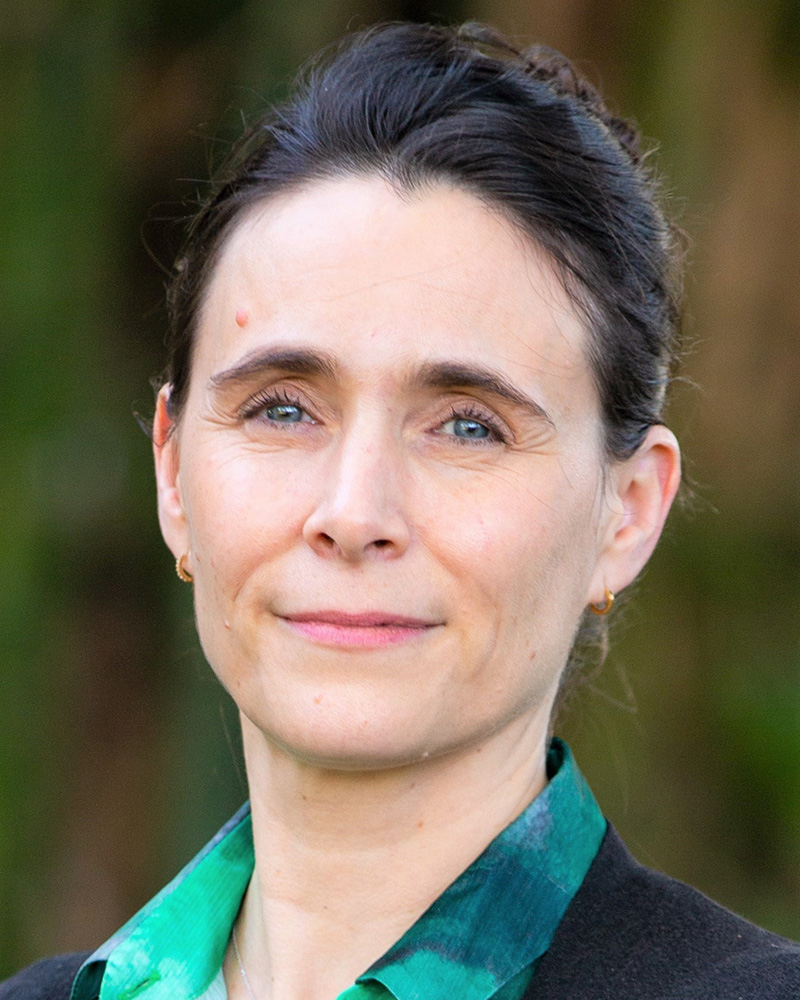 Emmanuelle Tuerlings, PhD
Emmanuelle Tuerlings, PhDGeneva, Switzerland
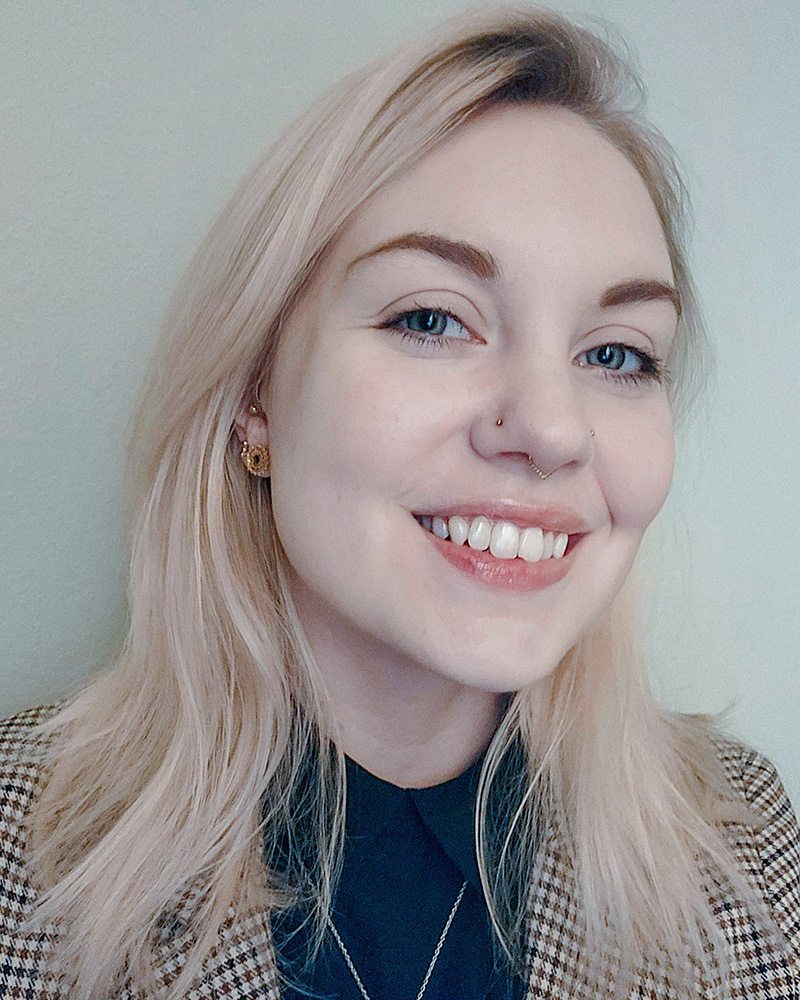 Devin Boyles, MS
Devin Boyles, MSMRIGlobal
Ambridge, PA
Devin Boyles is a staff scientist at the non-profit research organization, MRIGlobal. As a member of the Biosafety and Global Engagement team, she specializes in biorisk management consulting and the development and delivery of laboratory biosafety training programs. Previously, she performed research on high-risk pathogens at the University of Pittsburgh’s Center for Vaccine Research and Regional Biocontainment Laboratory. Devin holds an MS in Environmental and Occupational Health and a certification in Public Health (CPH).
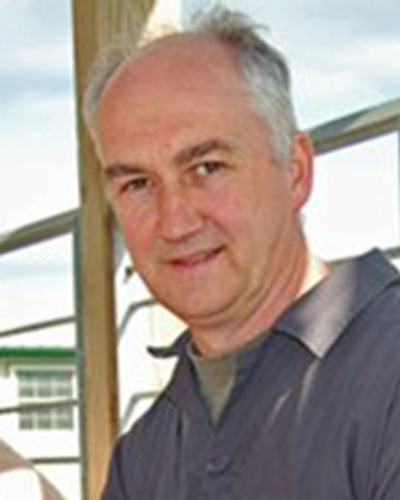 Tom Parsons, VMD, PhD, DACAW,
Tom Parsons, VMD, PhD, DACAW,University of Pennsylvania
Philadelphia, PA
Dr. Parsons is the Marie A. Moore Endowed Chair in Animal Welfare and Ethics at the University of Pennsylvania School Veterinary Medicine. He is also the director of Penn Vet’s Swine Teaching and Research Center and is heading the development of a new Center for Stewardship Agriculture and Food Security. His work focuses on advancing sustainable models of agriculture through the study of animal behavior, health, welfare and applications of technology. Tom’s interest in agriculture is longstanding as he was raised on a family farm in western Massachusetts where his nephew, Christopher, is the 10th generation of Parsons to work land deeded from King George of England. As a faculty member at Penn Vet, Dr. Parsons has built one of the largest research groups working on farm animal welfare in North America. Parsons is a charter diplomat of American College of Animal Welfare, sits on numerous corporate and non-profit welfare advisory board, and has received awards from the New York Farmers for distinguished service to agriculture and from the Pennsylvania Veterinary Medical Association for animal welfare advocacy. Dr. Parsons has extensive experience as an educator, a consultant, and as an individual who has devoted his life to helping farmers retain their competitiveness by evolving into more socially acceptable models of agriculture. He has helped nearly 100 farms (>200,000 sows) transition from gestation crates to pen-based group housing systems. His work includes designing the facilities, training the staff in new husbandry practices, and establishing benchmarks and milestones on the farms to help track their progress in adapting these new management approaches. He has consulted on farms large and small across the globe including North and South America, Europe and extensively in Southeast Asia.